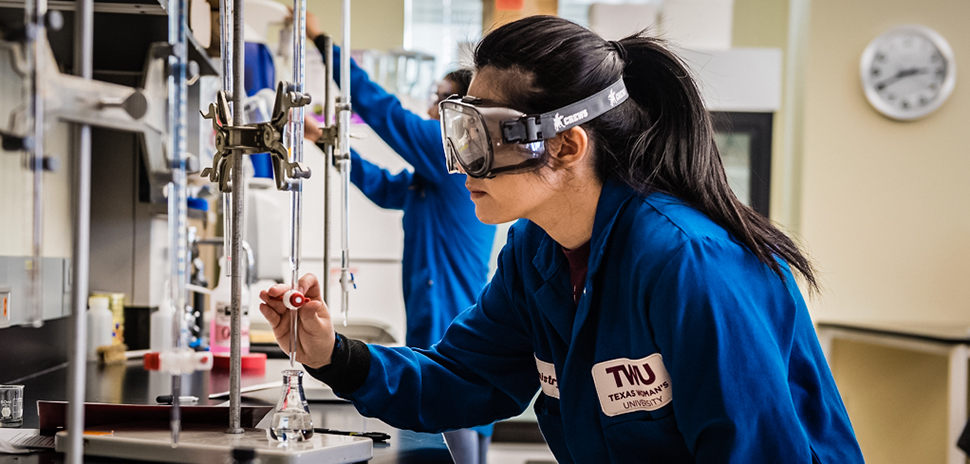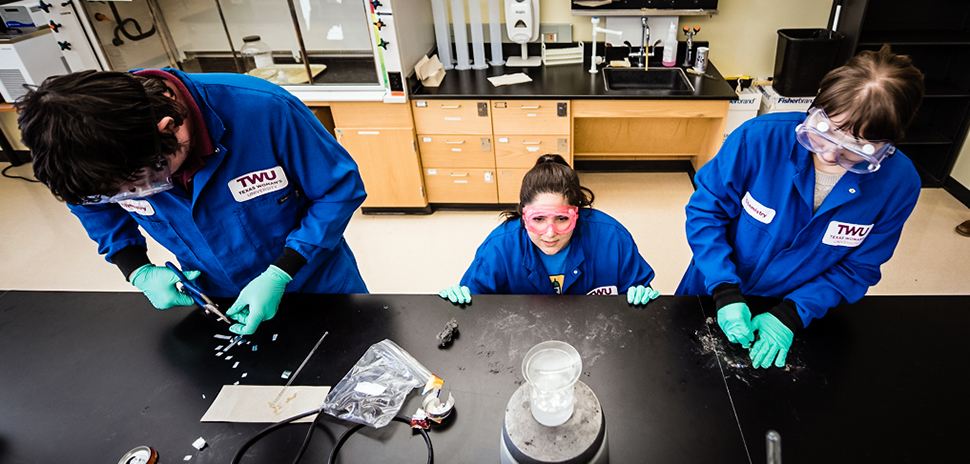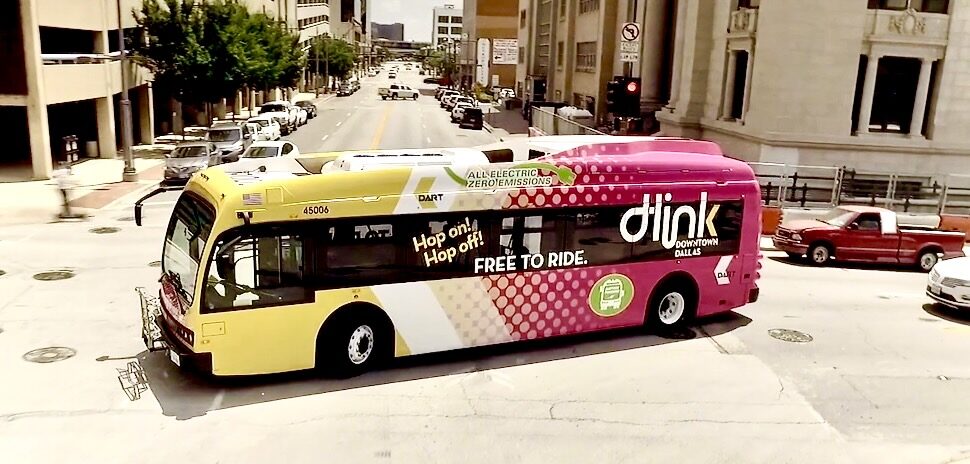Texas Woman’s University is the only Texas school out of nine universities recognized in The Association of American Colleges and Universities’ latest issue of Peer Review Civic Major by Design for “graduating chemists with civic lenses.”
The association said TWU was a “model for how to make civic learning and democratic engagement an expectation for all students who major in a given discipline.”
As the largest national university primarily for women, TWU strives to increase the number of women, particularly those of color, in chemistry and biochemistry.
“We take great pride in preparing socially responsible chemists,” said Richard “Doc” Sheardy, professor and chair of TWU’s Department of Chemistry and Biochemistry, in a release.
“We take great pride in preparing socially responsible chemists.”
Richard Sheardy
For the past 10 years, the school’s faculty and staff have attempted to achieve this goal by relating traditional science courses to relevant issues in society. The transformative teaching method targets non-science majors as well, with courses such as “Science, Society, and Sustainability,” taught by faculty from the chemistry, government, and business departments.
TWU’s emphasis on civic learning emerged after a faculty team traveled to an institute sponsored by the National Science Foundation’s Science Education for New Civic Engagement and Responsibilities (SENCER), according to a release. The program aims to incorporate civic learning and problem solving skills into the classroom setting in order to increase student engagement.
The event inspired the TWU faculty to focus their courses around hands-on experiences in and outside of the classroom.
While developing courses centered around social responsibility and learning came quickly for more flexible majors, the science department faced difficulty incorporating modern techniques into a traditionally straight forward curriculum. After much deliberation, the faculty developed courses that combined classic informative lectures with innovative labs dedicated to enhancing awareness of the ways in which science can impact real-world issues.

Photo: Michael Modecki/TWU
TWU ADVOCATES SUSTAINABILITY IN CHEMISTRY RELATED FIELDS
Throughout undergraduate years, students’ global awareness grows as they partake in various experimental labs and forums.
The lab manual for first- and second-year students emphasizes “green chemistry,” an initiative put forth by the American Chemical Society advocating complete sustainability in all chemistry related fields. First year chemistry and biochemistry students are taught to turn aluminum into Play-Doh, for example, as a way to reinforce the the concept of conservation through recycling.
“This is an exciting way to study science —students as problem solvers and the role they can play in becoming good neighbors, employees, and in building a future that is good for everyone, not just themselves.”
Caryn McTighe Musil
Upper-division students have the opportunity to develop projects that exhibit their awareness of social responsibility.
One project allowed students to extract samples from the Trinity River and analyze the water quality and safety by documenting the pH level and other contributing factors. Juniors and seniors can increase their understanding of ethics and sustainability by participating in the annual Pioneer Research Event at the Golden Triangle Mall in Denton.
TWU’s upperclassmen interact with younger students and participate in panels where they discuss pressing issues in the scientific community such as the environment, the health industry, and developing policies.
“This is an exciting way to study science — students as problem solvers and the role they can play in becoming good neighbors, employees, and in building a future that is good for everyone, not just themselves,” said Caryn McTighe Musil, director of AACU’s Civic Learning in the Major by Design project, in the release.
The incorporation of civic learning in the classroom has revolutionized TWU’s campus, so much so that it now hosts the annual SENCER Center for Innovation-Southwest symposium on science education and civic engagement.
![]()
Get on the list.
Sign up to keep your eye on what’s new and next in Dallas-Fort Worth, every day.
![]()































